Have you ever had a bite of venison that made you question whether or not you wanted to take another? How do you remove the gamey taste? I’m sure the answer is yes for many people, including myself. When venison tastes gamey, or flat-out bad, there are different factors that can contribute to that flavor. These could include how the animal died, how it was taken care of, the way it was butchered, and even the way it was cooked.
Here are three easy steps to removing the gamey taste from venison:
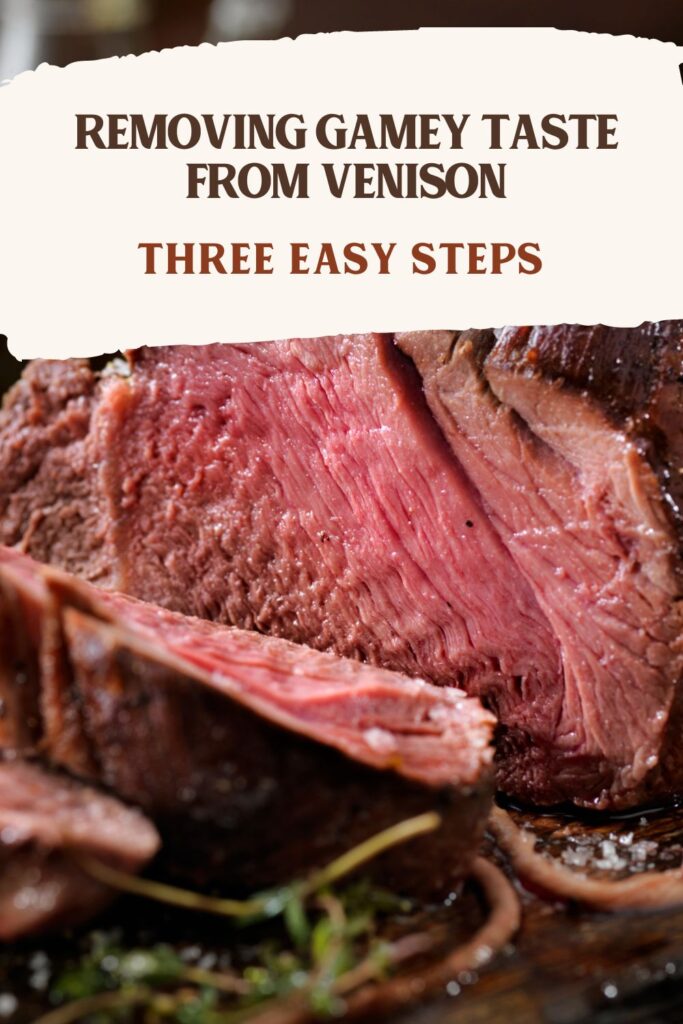
Remove scent glands before field dressing.
There are lots of scent glands in a deer but the important gland to remove is the tarsal gland. This gland is located on the inside of each hind leg. These are important to remove because deer often urinate on them to create scent. They can very easily contaminate your meat by leaving a bad gamey flavor. The best removal approach is to use a pair of rubber gloves and a different knife that won’t touch any meat. You’ll want to cut all the way around the gland and discard it. Keep a different bag to store the gloves and knife in after use.

Remove all fat and sinew when butchering.
Sinew isn’t as important to remove as the fat, but it’s a tough tissue that can cause the meat to be tougher than usual. Therefore, the best bet is to remove as much of the sinew as possible. Fat can make or break good-tasting venison. It’s important to understand that venison fat is far from beef fat. When butchering your own venison, be sure to remove ANY fat that is on ANY cut of meat. Venison fat has a very bad and gamey flavor; if left on the meat, it will cause the meat to also have a bad and gamey flavor. Taking your time and being precise during the butchering process is very important and can make or break your meat.

Season and cook your venison.
Prime rib rubs work great as a seasoning for venison. Rub it on every side generously. Then prepare a hot skillet with butter or oil. My favorite is a combination of both olive oil and butter. The oil keeps the butter from burning. Plop a pinch of minced garlic in the pan and add the backstrap. DO NOT overcook! There are many ways to prepare different cuts of venison. A lot of people cook their venison in leather because they are afraid of it – like it’s pork or chicken. However, venison can be cooked similarly to beef. When cooking steaks, I like to cook an entire cut whole rather than slice it into thinner cuts. For example, when cooking backstrap, I’ll cut it into thirds depending on its size.
If you like your steak rare, cook it to 120 degrees in the center, then let it rest for about 10-15 minutes. It will continue cooking after you take it out of the hot pan. Cooking it this way will bring out the natural flavor, as well as lock moisture into the meat. No more leather!
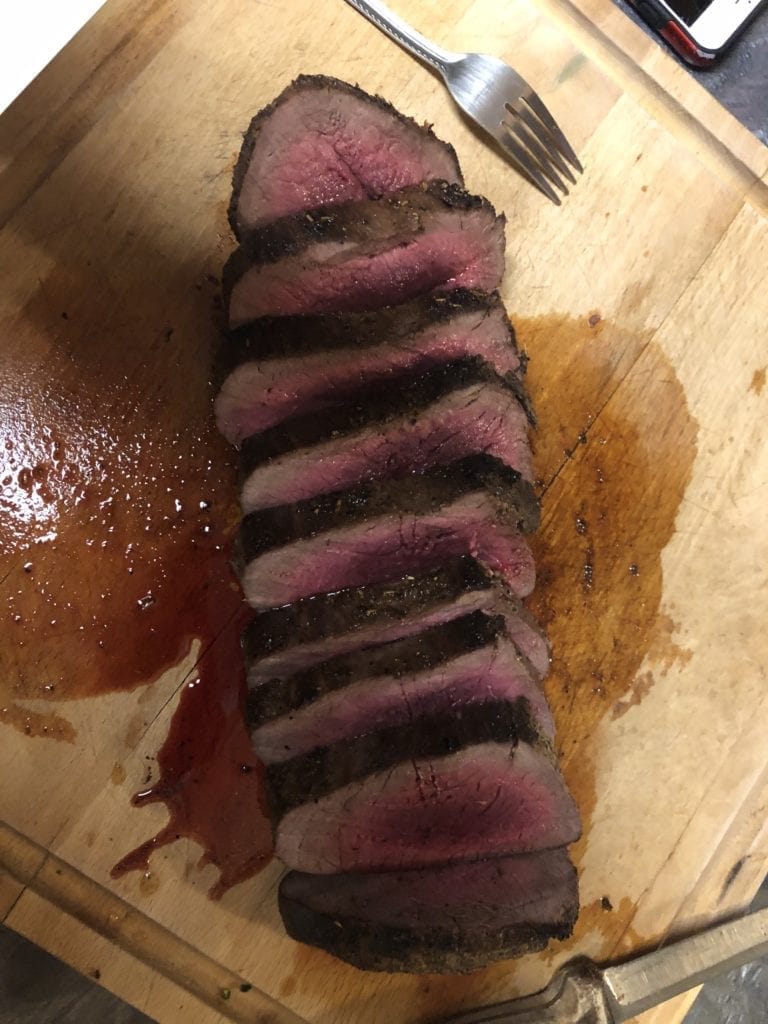
It’s never a bad idea to experiment with different recipes and cook in different ways until you figure out what you like best. Venison is amazing meat when taken care of and prepared correctly. It’s our job as hunters to ensure we do our absolute best to put every cut of meat to good use.
Looking for new wild game recipes? Get our downloadable with 10+ recipes today.
Commonly Asked Questions About Removing the Gamey Taste from Venison:
How do you get the game taste out of venison?
To reduce the gamey taste of venison, soak it in milk or a marinade containing acidic ingredients like vinegar or citrus juice. Additionally, properly aging the meat and removing excess fat can help improve its flavor.
What do you soak deer meat in to get rid of gamey taste?
Soaking deer meat in milk or a marinade with acidic components like vinegar, wine, or citrus juice helps eliminate the gamey taste. Alternatively, brining the meat in a solution of water, salt, and sugar can also improve its flavor and tenderness.
How do you make venison taste better?
To enhance the flavor of venison, consider marinating it in a mixture of acidic ingredients, herbs, and spices. Cooking methods such as slow braising or smoking can also add depth to the flavor. Additionally, pairing venison with complementary ingredients like fruits, red wine, or savory sauces can further enhance its taste.
What causes gaminess in venison?
The gaminess in venison is primarily caused by the presence of certain compounds like myoglobin and fatty acids. These compounds are responsible for the distinct flavor and aroma associated with wild game meats. Factors such as diet, age, and processing methods can also influence the intensity of gaminess in venison.
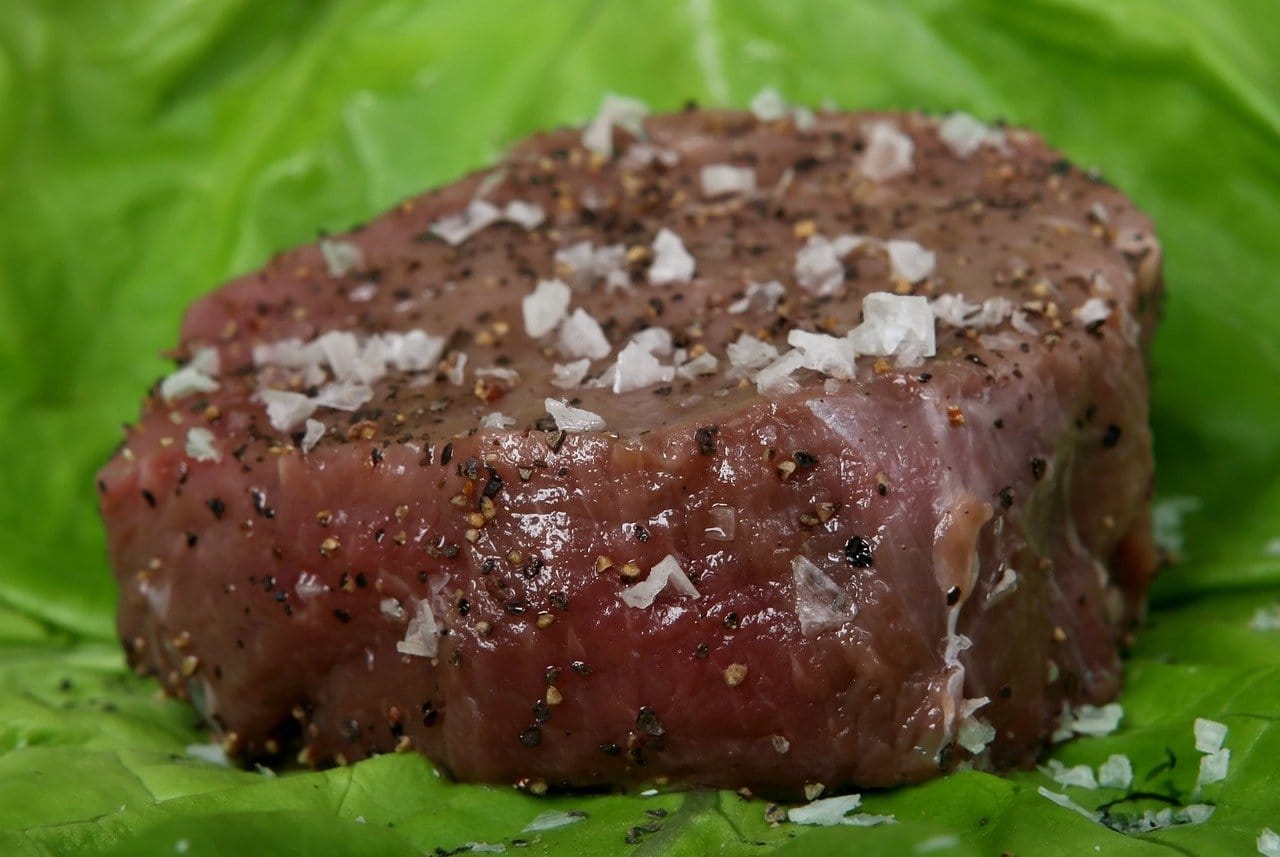

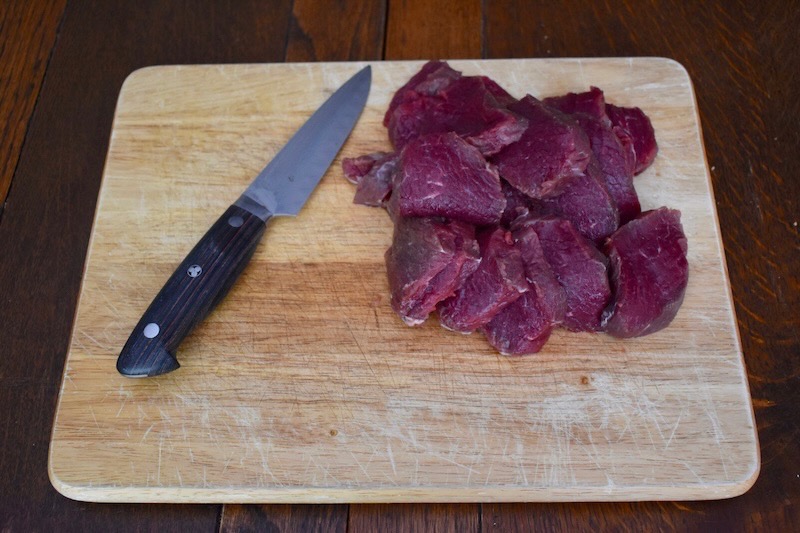
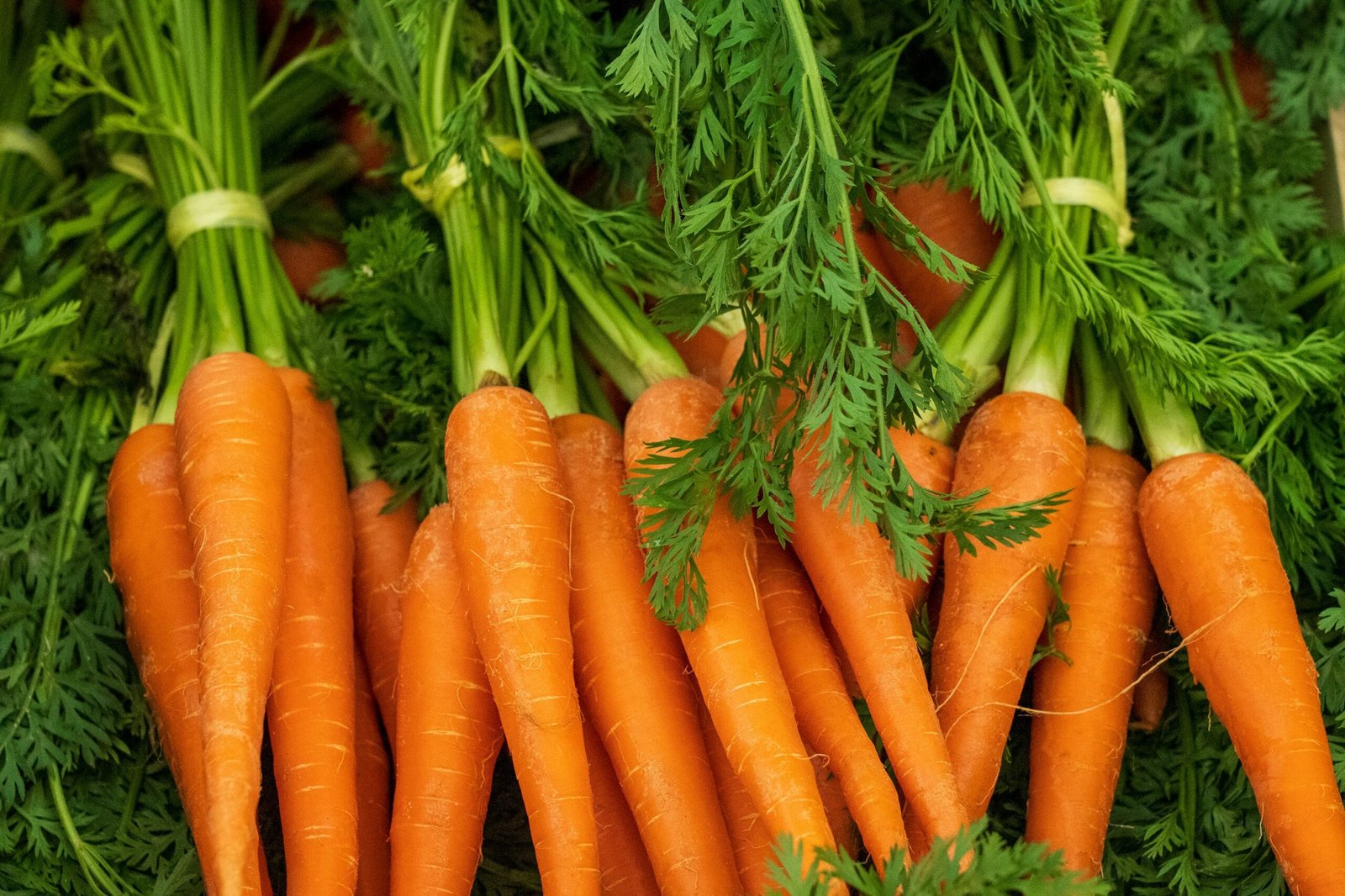
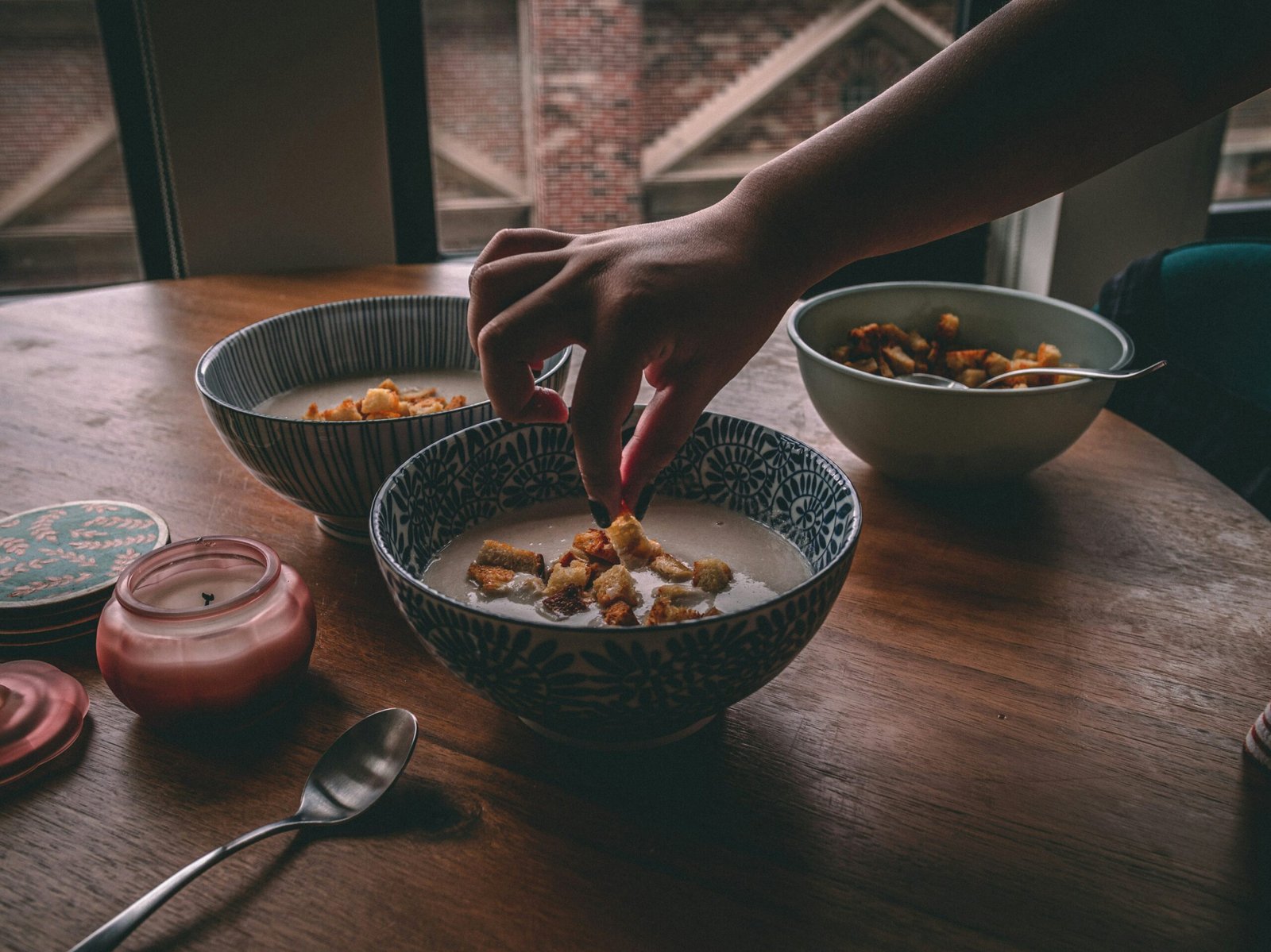
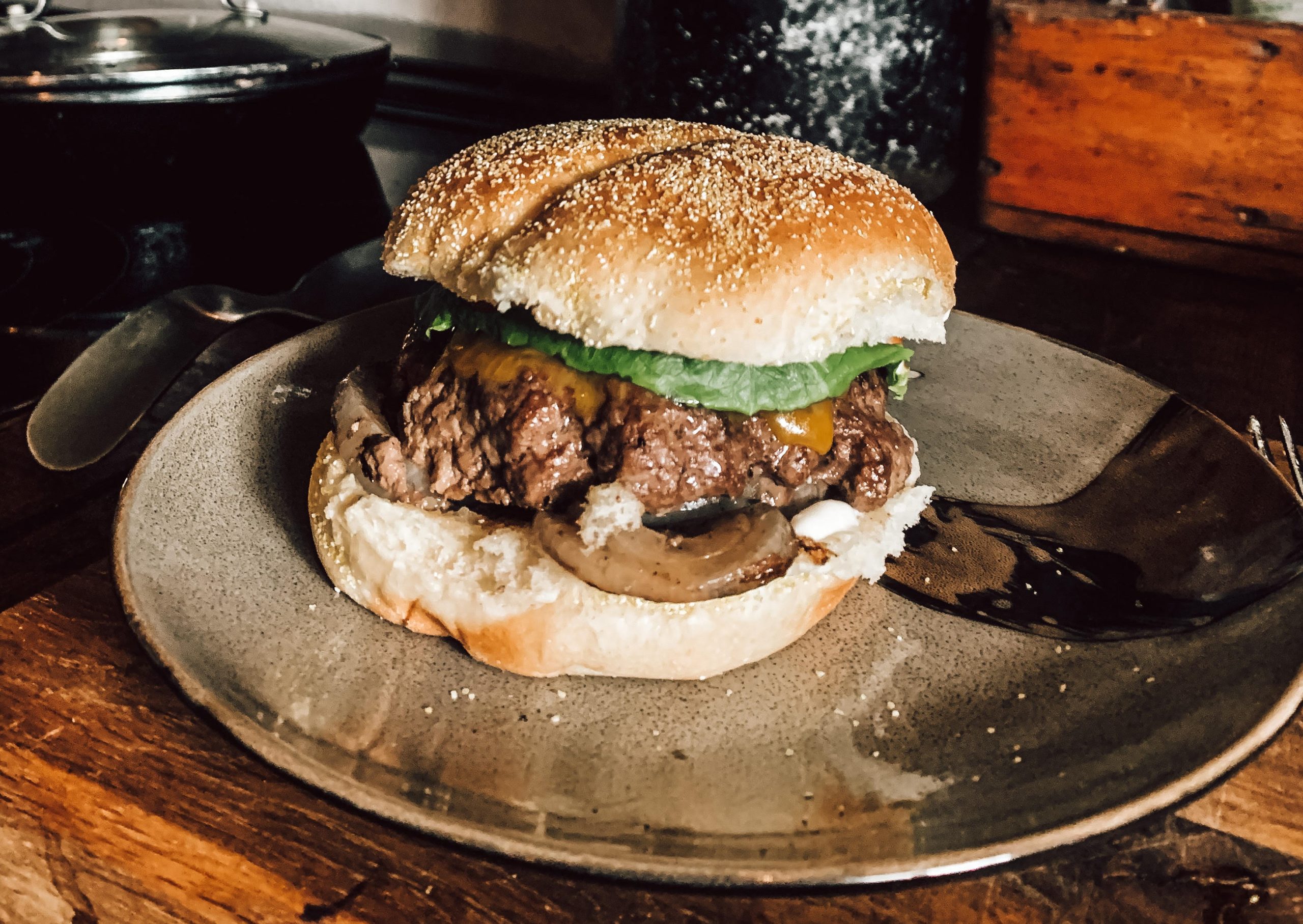
One thought on “Removing Gamey Taste from Venison: Three Easy Steps”